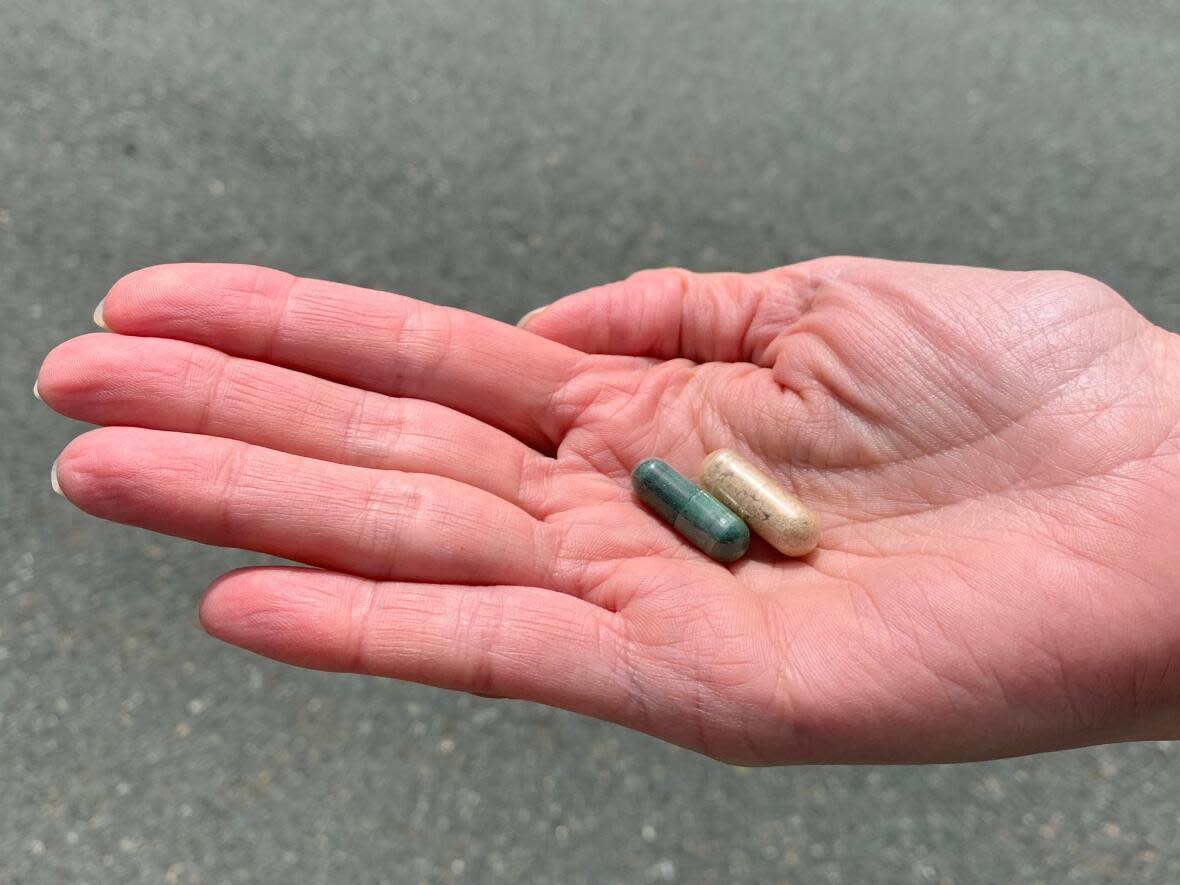More patients granted psilocybin exemption by federal government

Another three patients who have petitioned the federal government to use psilocybin therapy as a treatment for their mental health conditions have received an exemption from the minister of health to legally undergo this therapy.
Psilocybin — the active ingredient in magic mushrooms — was banned in Canada in 1974, but recent trials have shown that it could be an effective way to treat severe depression, PTSD and other mental health conditions.
Canada's health ministry granted the first four patient exemptions in August 2020 but further exemptions were slow to come.
Surrey-based Nathan Kruljac, who applied for an exemption in March with help from the B.C.-based non-profit TheraPsil, was one of the patients granted an exemption.
He released a statement through the organization saying it had been a long time coming.
"I have been in agony for 15 years. This decision by the Minister to acknowledge my trauma and pain and allow me compassionate access to psilocybin may be the turning point in my life; it may not. The choice is mine and shouldn't fall to a decision made by an administrative department of our government," his statement read.
Many others waiting
Spencer Hawkswell, executive director of TheraPsil, said he is beyond excited for the patients who have been granted the exemption — but many more are still waiting, including 15 more patients with his non-profit.
"It's a success story and we have to celebrate the small wins, [but] overall, my message to the government is that this is not even close to being over," Hawkswell said.
"We're putting in new exemption [requests] almost every week ... Thousands of people have messaged us asking for support and unfortunately, we have to tell them the same thing which is we don't have the capacity to help you right now."
Hawkswell said one positive aspect is that the exemptions are no longer just for patients who are in palliative care or have a terminal diagnosis.
"When our MAiD (medical assistance in dying) legislation doesn't require death to be foreseeable, why would death have to be foreseeable for you to access a mushroom, too?"
Issues around safe supply
He noted that just because a patient has been granted a legal exemption to begin using psilocybin, it does not mean there is a safe supply of the drug available.
"There are 81 Canadians in total that have gotten [a legal exemption] to psilocybin and not a single one of them has been able to access safe supply even though there are tons of producers both around the world and Canada," he said.
Health practitioners also have to develop proper treatments around the drug — which is hard when they need a legal exemption themselves and access to psilocybin.
"Looking at this as a drug on its own or a substance on its own is an incorrect way of looking at it," said Hawkswell.
"It's a drug therapy combination so the therapists need to be able to deliver it. Unless they have access to the substance for training purposes, they're going to be hard-pressed to develop how to properly provide the therapy."


